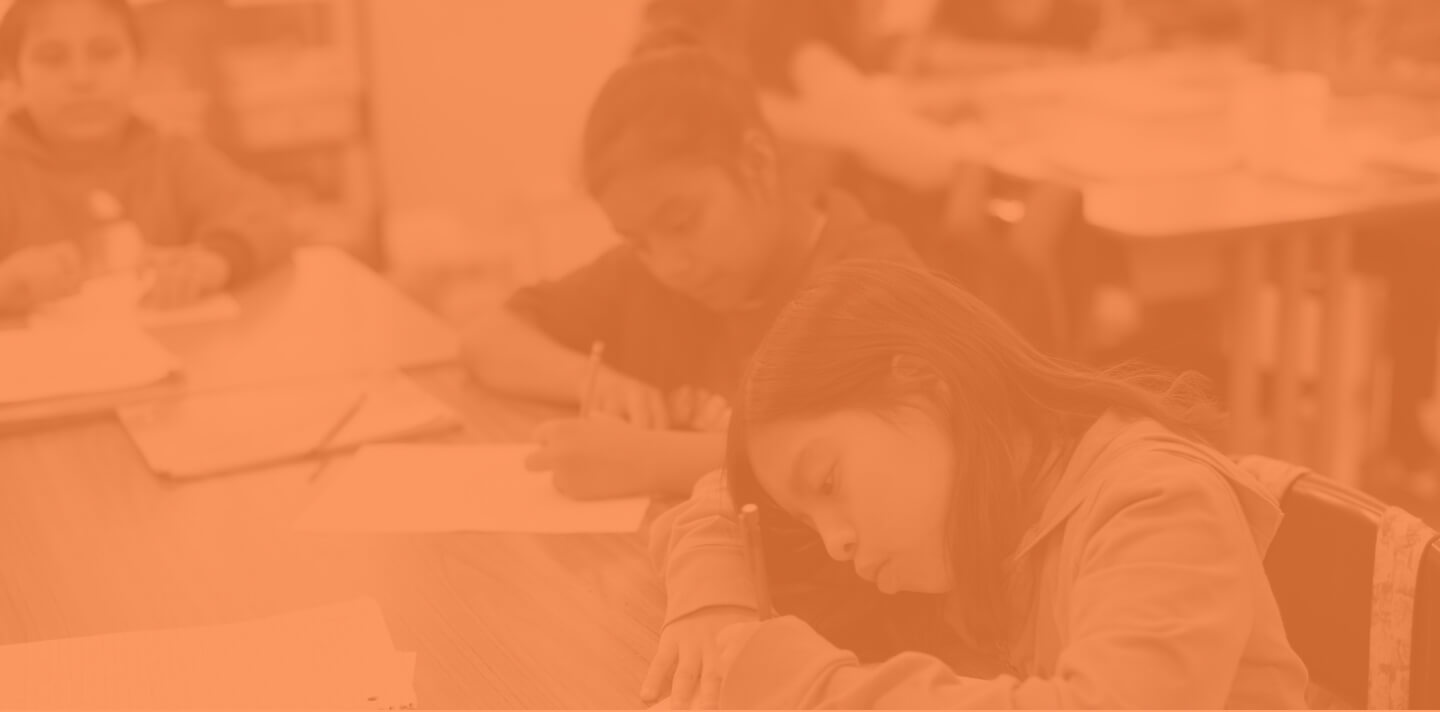
Our Practice
inside our Practice
10+ Years in Los Angeles Unified Schools
Key Systems for Transformation
While the Playbook presents the various components of our model separately, so they are digestible, we believe that school transformation is about building holistic and interconnected systems within and around schools. School transformation cannot be achieved through isolated strategies. For maximum impact, school systems must commit themselves to operating differently in order to address multiple aspects of school transformation.
Explore the key systems below to learn more about our specific approaches to the work, dig into our lessons learned, and access key resources and tools.

“Over the years we’ve learned that if we focus on building the capacity of school leaders, teachers, families, and partners to fully implement systems in and around schools, anything is possible and the learning from doing so is priceless for systems across the country.”Ian GuideraChief Academic Officer
Frameworks
Explore frameworks that are central to the way we work and communicate shared priorities with schools.
Partnership Implementation Framework (PIF)
The Partnership Implementation Framework, called the PIF for short, is the tool we use to assess the strength of the systems we consider to be key to school transformation and school success. Drawing upon a breadth of educational research, as well as best practices from school districts across the country, the PIF is designed to measure the level of implementation of these systems from “Not Yet Begun” to “Full Implementation”. Unlike rubrics geared towards assessing individual practice, the PIF places an intentional focus on systems that contribute to improved student outcomes and the prescribed actions of groups within the school to enact them.
The PIF is used by school leadership teams, grade-level teams, and departments to reflect and set goals and by the Partnership to measure progress, drive professional development, and customize supports for schools.
June Outcomes
This one-page document sets the focused outcomes that schools and the Partnership’s home office teams identify together and work to achieve in a given year. Drawn from the PIF, these outcomes are developed with input from school leaders and teachers each spring for the following year. This document could be utilized in a district context to create foci for all of the professional development facilitated for school leaders and teacher leaders throughout the year, as well as school site based coaching and supports.
Call-to-Action (CTA) Plan
Central to our work with schools, the Call-to-Action is a Partnership school’s strategic plan that provides a basis for ongoing check-ins, progress monitoring, and quarterly refinements to schoolwide strategies. These strategic plans differ from most school-level plans because they are truly living documents that change and adapt throughout the course of a year. At the end of the year, the Call-to-Action guides reflection and school reviews that drive priorities for the following year.
School Support Reviews
School Support Reviews (SSRs) are day-long reviews at a school site, during which stakeholders (e.g. school administrators, teachers, Partnership staff, District staff) come together to evaluate current strengths and growth areas of a school. The PIF is used as a rubric in the review process to qualitatively assess the development and strength of a school’s focus systems.
The design of the day is guided by a Partnership-built process that empowers the Instructional Leadership Team (ILT) to present their self-review and to share multiple measures of data to explore. Interviews, focus groups and classroom observations also add more qualitative data to validate or challenge portions of the self-review.

